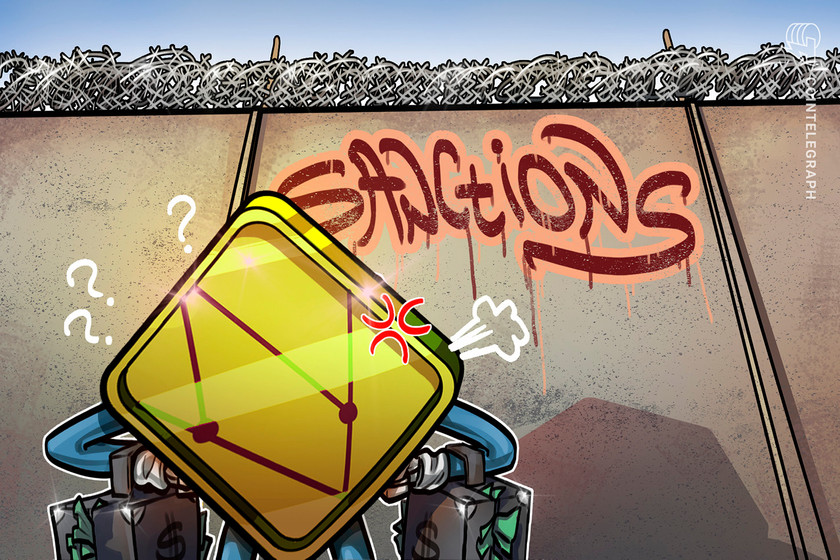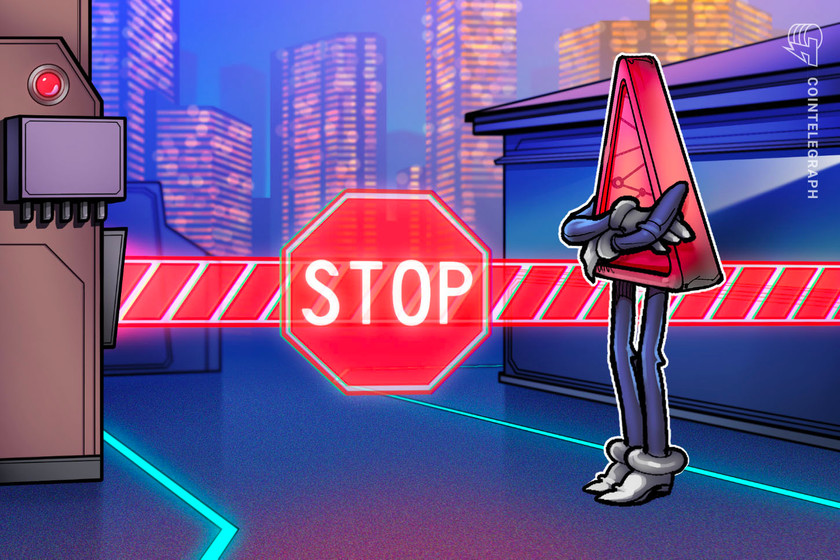OpenSea blocks Cuban artists from the platform due to US sanctions


OpenSea’s terms of service explicitly prohibit individuals and organizations from sanctioned regions from using its platform.
Nonfungible token (NFT) marketplace OpenSea has been banning artists and collectors from Cuba, citing United States sanctions as the key reason behind its action.
According to a report published by Artnet, 30 artists and collectors have been banned from the popular NFT marketplace until now. The most noted artist to face the axe includes well-known Havana-based artists Gabriel Guerra Bianchini and Fábrica de Arte Cubano.
OpenSea marketplace has mentioned in its terms of service that it explicitly prohibits sanctioned individuals and individuals in sanctioned jurisdictions. The NFT marketplace’s adhesion to United States sanctions was widely known and included countries such as Venezuela, Iran and Syria. However, the recent blocking of Cuban artists adds the country to that list as well.
“We continue to holistically evaluate what other measures need to be taken to serve our community and comply with applicable law,” an OpenSea Spokesperson told Cointelegraph.
A Twitter profile called NFT Cuba Art revealed earlier in December that OpenSea had blocked them from viewing or listing their art while they still had access to their wallets. Erich García Cruz, the founder of Bit Remasa, responded that their NFT collections were banned too. Cryptocuban founder Gabriel Bianchini added that the future of Web3 doesn’t look decentralized.
So sad to see that the future of web3 won’t be decentralized @nftcubaart and @GianniDalerta are part of the Cuban web3 history and so much more! ❤️
— GabrielBianchini.ethᵍᵐ (@GGBIANCHINI) December 13, 2022
Apart from OpenSea, several crypto platforms had to shut down their services for Russian customers in the wake of the new European Union sanctions issued after the war in Ukraine began earlier this year.
Related: Proactive sanctions can help spare the ecosystem: Chainalysis exec
While the cryptocurrency ecosystem is built on the ethos of decentralization, the majority of the intermediaries and firms facilitating various services still very much work like most centralized Web2 companies.
The crypto community was not very pleased with the auctions of the NFT marketplace and called for an end to intermediaries. Another user said that there is a need for real decentralized platforms that don’t care about nationalities



